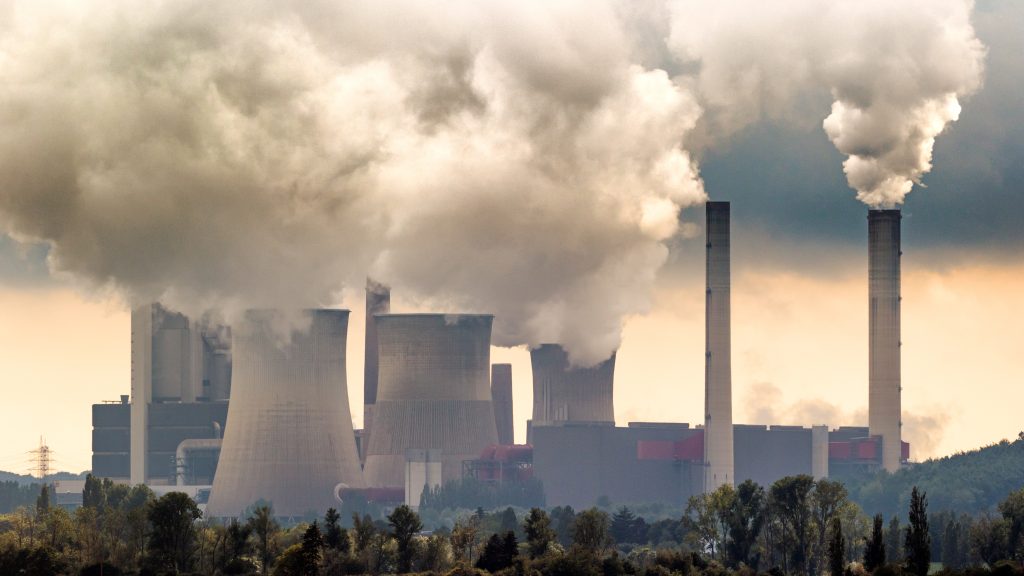By Arthur Lyon Dahl – International Environment Forum, IF20 Environment Working Group.
– – –
What is the five letter word that everyone avoids: Greed. It is the value at the centre of the materialistic economic system. Hidden behind various euphemisms, it is endless profits and shareholder value for corporations. It is “development” behind the pursuit of eternal growth in GDP. It is at the root of environmental governance failures, where the rich and powerful defend their interests through lobbying, campaign contributions and corruption so that they can continue to rape the planet. It drives organized crime. It propels the military-industrial complex to prefer war or the threat of war over peace as long as it is somewhere else. It is the value of our animal nature that remains in a decaying society when there is no education to higher human values or purpose.
This is the greatest challenge to environmental governance today.

Global Environmental Governance
The United Nations is founded on national sovereignty, at its most extreme in the veto of permanent members of the Security Council, where the national interest of the most powerful comes first. And behind “national interest” is not the common good of a nation and all its people, but the selfish interest of an autocratic leader, or corporate lobbies, or extreme ideologues, or theocratic clergy, or simply the desire of one group or party to retain domestic dominance over others. How many national governments truly give priority to the common good of all their inhabitants or the sustainability of their country, not to mention the good of the whole planet? There are rare exceptional leaders, but not enough to make a difference.
With respect to the environment, my own field of work for half a century, there is wide acknowledgement today that most of our efforts at global environmental governance are a failure. Major conferences, glorious declarations, hundreds of multilateral environmental agreements, endless promises by governments, appeals by civil society and faith-based organisations, have led to some progress but never enough to turn the corner on accelerating environmental degradation from climate change, biodiversity loss and pollution now heading for collapse.
Why? The failure is in implementation. This is often blamed on a lack of political will, but what is behind this? What pressures are our political leaders subject to that prevent them from keeping their promises and protecting the common good of all as governments should?
It is the greed of the major actors in society that are not subject to any global responsibility or governance, mainly the economic sector defending its narrow vested interests. Whether it be the multinational corporations of the neoliberal Western economy, the oligarchs and corrupt leaders of autocratic countries, the state enterprises of communist systems, even criminal syndicates and terrorist movements, all pull the levers of power to block any effective action that might hurt their selfish material interests. They resist all efforts at binding global legislation. They refuse any consideration of liability and compensation. They maintained the World Trade Organisation outside the UN system to ensure their voice was dominant. One could even say that this is behind the concept of environment itself, as something outside of us that is not central to human existence and can therefore be considered an externality to be left to someone else to worry about, unlike other world-views that see humanity as integral with the natural world.
Greed and the Need for a New Values System
The same could be said about the other major governance failures of our present world, including the persistence of widespread poverty despite ever-growing wealth; the capture of knowledge, science, innovation and culture as “intellectual property”; the continued exploitation of workers going as far as modern versions of slavery; the failure to see every human being as worthy of dignity and a potential contributor to general well-being; and the refusal to create truly participatory mechanisms for building community and governance in general. We may pay lip service to higher values, but greed still dominates.
As a systems scientist, I follow the advice of my late colleague Donella Meadows to look for the leverage points in a system, with values being the most fundamental level to work for system change. All those today who are trying to fix a broken world, from leading scientists to the United Nations, admit that we need a rapid fundamental transformation in our present global system to avoid the catastrophes looming on every side. Greed is clearly the wrong value, but what might replace it? I suggest a one letter change. Let us turn greed into green. Green has come to symbolise caring for nature, achieving sustainability, living moderately in a circular economy, walking lightly on the earth, considering the needs of future generations, building a better world for all of humanity, leaving no one behind.
Admittedly, it is not changing one letter in a word that will transform the world, but this can symbolise the effort we must all make to struggle against greed wherever it is operating and to start working for a positive environmentally-friendly future.
Conclusion
If we address today’s many challenges at the level of values, all the other levels of transformation will come more easily. Otherwise we risk continuing failures until it is really too late.
The consequent suffering will probably still finally push humanity to adopt the world ethic and universal values so desperately needed, but do we have to go through all that? We can start now, among all those who are so motivated, to build more collaborative, caring and environmentally-responsible communities from the bottom up, mobilising the youth in positive action, engaging in meaningful conversations and public discourse, giving priority to those social and environmental actions most relevant to meet immediate local needs within a global ethical framework. This would both ensure some community resilience to the inevitable challenges coming, and provide a better foundation for rethinking governance at all levels. There are already communities around the world, such as the Bahá’ís, making efforts in this direction as an example of what is possible. It is never too late to start. Global governance of our sorely-tried planet can only benefit.
– – –
Arthur Lyon Dahl is President of the International Environment Forum, and a retired Deputy Assistant Executive Director of the United Nations Environment Programme (UNEP), with 50 years’ international experience in environment and sustainability. His most recent focus has been on global governance and UN reform.


